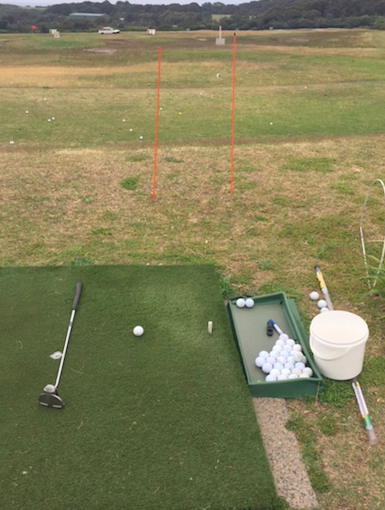5 Principles to Learn a New Skill
I am a great fan of Anders Ericsson, a Professor at Florida State University.
Anders is an expert on expertise and human performance.
He is the author of what some people call the 10,000 hour rule.
This is the idea that expertise in any domain can be achieved by practicing for 10,000 hours.
But Anders has corrected this misconception by insisting that it is the type of practice rather than necessarily the volume of practice that makes the biggest difference.
If it were just number of hours playing golf for example, I would be the next Tiger Woods.
Anders talks about the type of practice as the driver of acquiring or developing a new skill.
He talks about Deliberate Practice as being the Gold Standard is his book Peak – Secrets from the New Science of Expertise (2016).
But I believe his principles around ‘Purposeful Practice‘ have the most application for a broader audience.
I have summarised his 5 Principles below:
1. Start with a well-defined, specific goal.
For example, if I wanted to improve my golf for example, then a specific goal might be to reduce the number of 3 putts from say 4 in my previous round to 2 or less.
This is a practical and smaller yet achievable goal.
Giving yourself a clear, simple goal like this also provides a way to measure and monitor progress.
2. Have a plan to achieve this goal
In my golf game for example I tend to lose focus when I reach the green.
This Purposeful Practice goal of reducing the number of 3 puts ensures that I maintain my focus.
3. Move out of your comfort zone
As Anders Ericsson notes (page 18):
‘This is a fundamental truth about any sort of practice: If you never push yourself beyond your comfort zone, you will never improve.’
By sticking to what you already can do, you stagnate rather than improve.
4. Practice regularly
It’s tempting for example to watch Roger Federer for example and conclude that his ability to hit a tennis ball is a natural gift.
No doubt some of it is natural talent but it overlooks the countless hours he would have spent from an early age hitting tennis balls.
So there is no escaping it – to develop a new skill means searching for opportunities to practice it as much as possible.
5. Obtain feedback
The best way to to continue to improve or develop a skill is to obtain feedback (page 22).
This can be external through a coach, leader, mentor or peers for example.
Or it can be internal through personal reflection for example.
Feedback provides both an opportunity to improve or develop your skills and it can be extremely motivation.
Keep asking yourself and your coach if you have one – What could I do differently next time? and How can I keep improving?
I believe these 5 principles of learning a new skill can be applied to a physical skill like golf for example as well as thinking skills for example.

